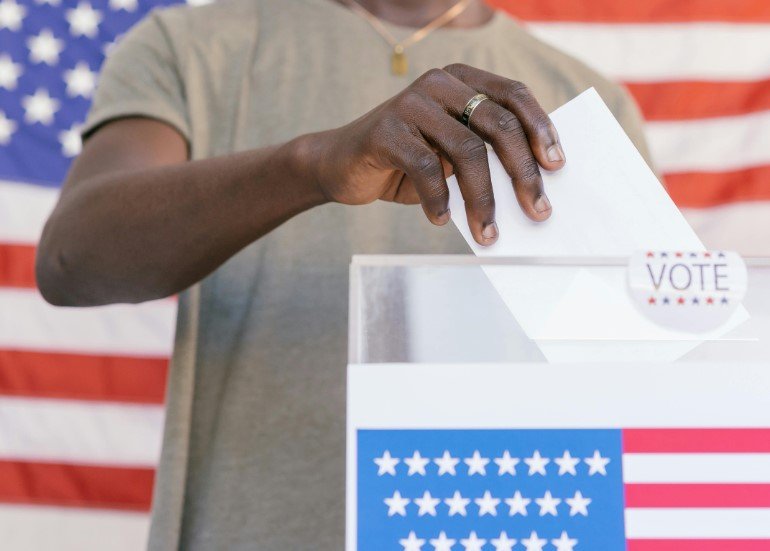In a recent development, Louisiana’s top election official has proposed new restrictions on absentee ballots, even though evidence of widespread voter fraud remains scarce. The move has sparked debate and drawn attention to the delicate balance between ensuring election integrity and preserving voter access.
The Absentee Voting Landscape
Background and Context
Absentee voting, also known as mail-in voting, has become increasingly popular in the United States. It provides an alternative for voters who cannot physically visit polling stations due to various reasons, such as travel, illness, or work commitments. However, concerns about the security and integrity of absentee ballots persist.

The 2005 Report and Its Impact
Critics of voting by mail often cite a 2005 bipartisan report co-written by former President Jimmy Carter and former Secretary of State James Baker. The report stated, “Absentee ballots remain the largest source of potential voter fraud” but did not call for eliminating absentee voting. Instead, it emphasized the need for increased security measures and further study.
Security Measures Implemented Since 2005
Since the publication of that report, state and local officials have taken significant steps to enhance the security of absentee voting:
Signature Verification: Many states now require rigorous signature verification processes to ensure that the person casting the absentee ballot is indeed the registered voter.
Voter Registration Sharing: States collaborate to share voter registration data, reducing the risk of duplicate voting.
Mail Ballot Tracking Programs: Voters can track their mail ballots, allowing transparency and accountability throughout the process.
The Debate Over Restrictions
Despite these improvements, some officials continue to advocate for additional restrictions on absentee voting. Their arguments often center on preventing potential fraud, even though the evidence supporting widespread fraud remains scant.
As the debate unfolds, striking the right balance between accessibility and security remains crucial. While safeguarding elections is essential, it is equally vital to ensure that eligible voters can participate without unnecessary barriers.

Comments